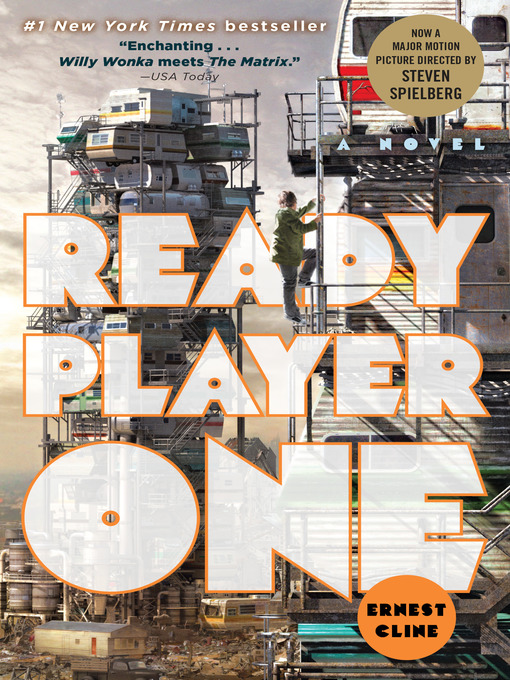Nook, Kindle, Kobo, Literati?
These and many more are e-readers. These devices display ebooks for reading. Some are wireless, like a smartphone, others require a computer to find and save new titles. Here are several resources that explain these in more detail. Several of these devices can enlarge the text or read the text aloud to enable everyone's access.
First, Wikipedia has an ENORMOUS
spreadsheet of nearly all the devices currently available. The columns indicate which devices will work with free books (from some libraries), which have color screens, touch screens, etc.
Second, who needs all that information? This
poster lists the dozen or so devices (including computers, laptops, and smartphones) that are already tested with one library e-book system. Ruidoso Public Library is not a part of Overdrive, but the materials will probably carry over.
Third,
Bookbee.net created a very clear, concise
flowchart on which device you may prefer (based on your existing computer and goals).
Fourth, Tompkins Cortland Community College Library has posted some basic
directions on how to use a Nook.
Fifth, Wired.com shared some designs for e-reader
covers--in case you aren't ready to be seen in public as an e-reader user.
And finally, this post by the Electronic Frontier Foundation, is an
introduction to some of the privacy and property rights concerns of these new devices.
Some closing thoughts: Ruidoso Public Library can connect you with free e-books from
The Gutenberg Project. Our Netlibrary service has books you may read online only (not yet ready to transfer to a device). Kindles cannot access library e-books at present.
What do you think? Do you already have one? Which looks best to you now? I've got a bright orange lanyard for the first three to post comments!








